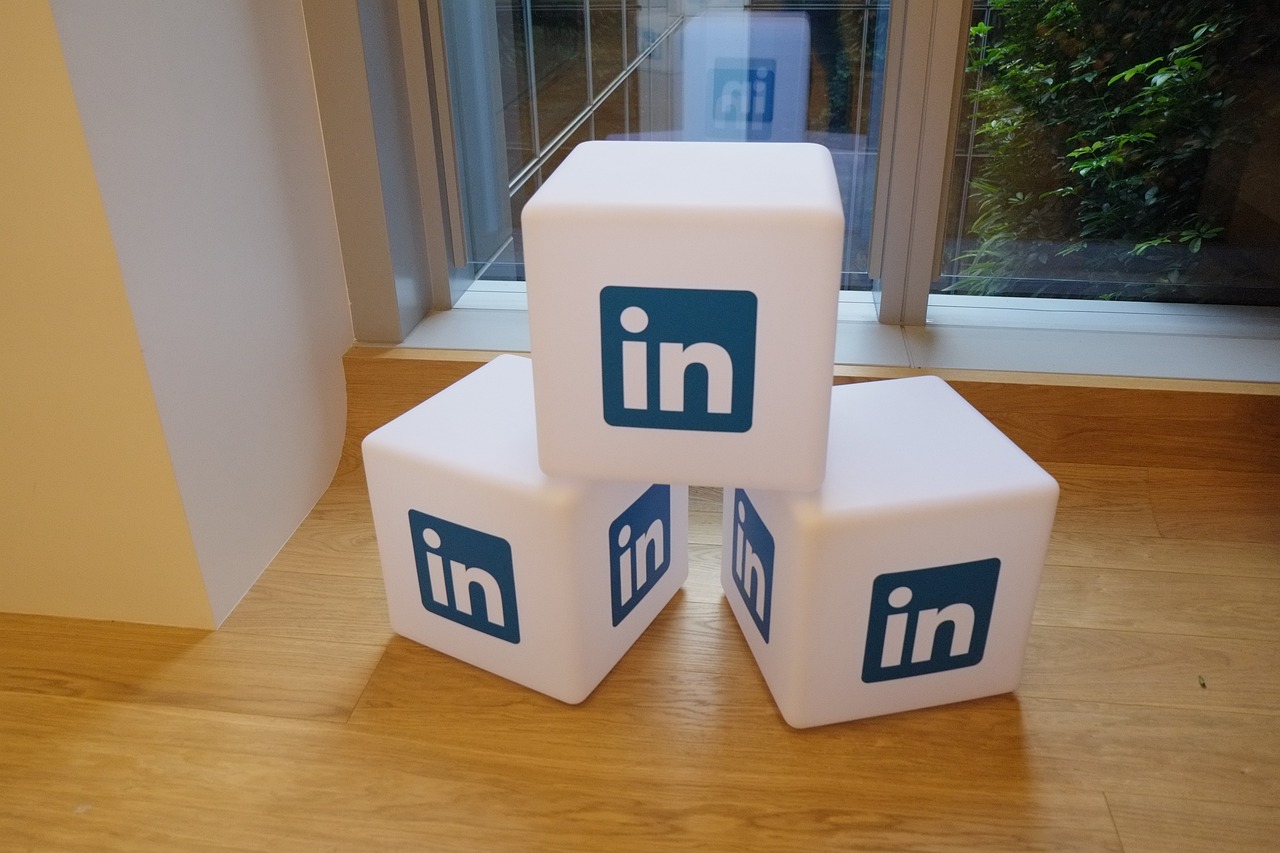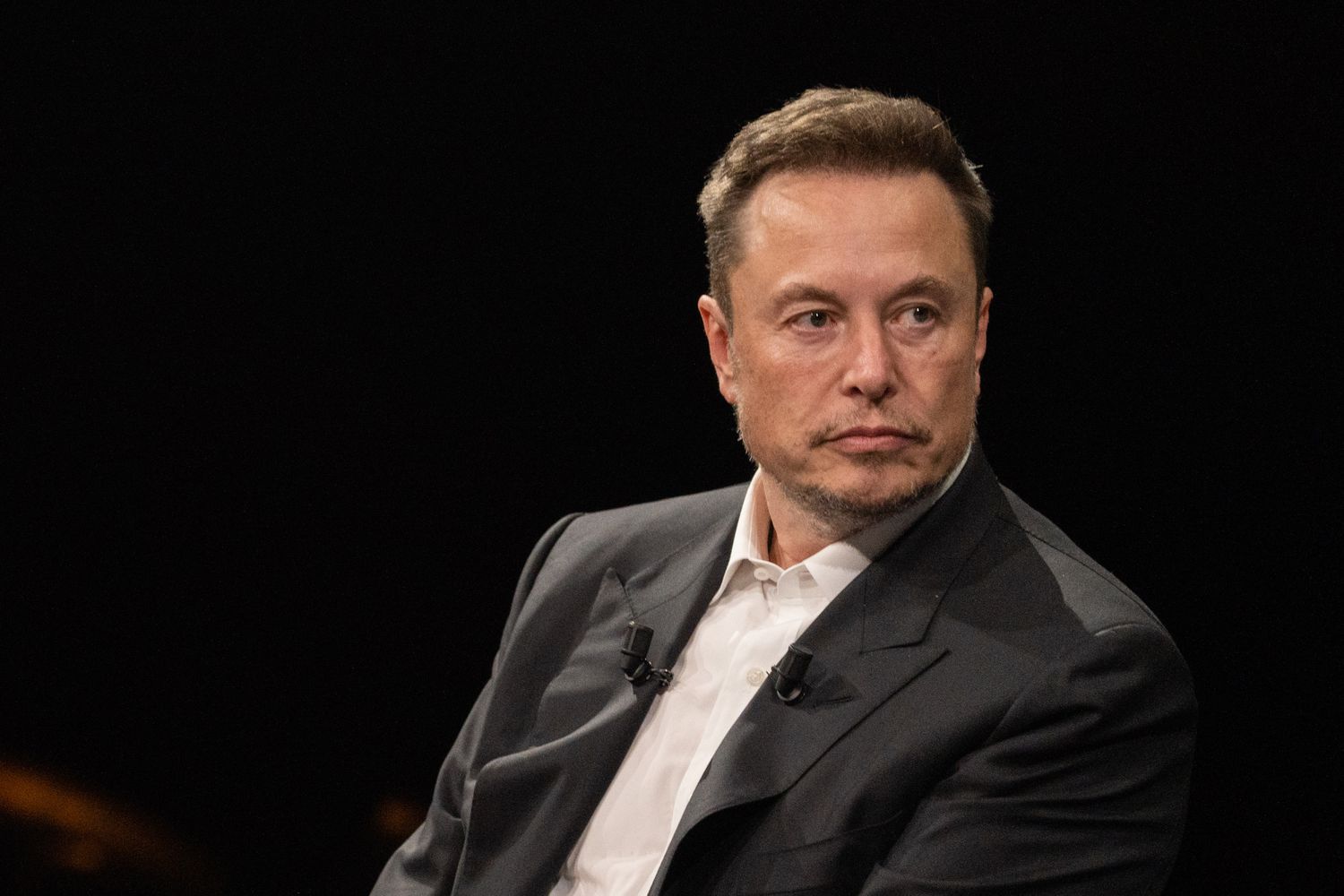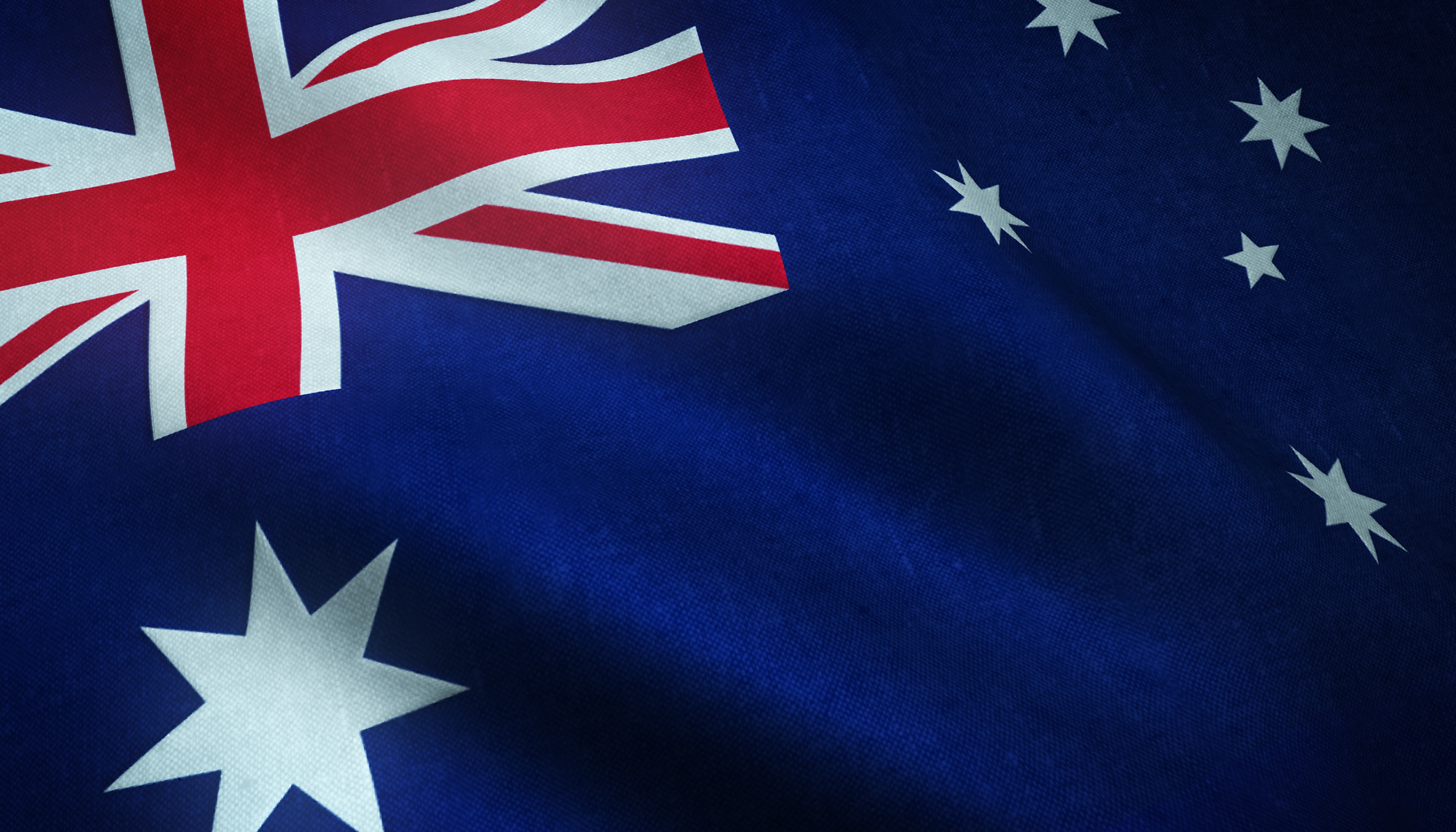Australia is set to expand its under-16 social media ban, with platforms such as WhatsApp, Reddit, Twitch, Roblox, Pinterest, Steam, Kick, and Lego Play potentially joining the list. The eSafety Commissioner, Julie Inman Grant, has written to 16 companies asking them to self-assess whether they fall under the ban.
The current ban already includes Facebook, TikTok, YouTube, and Snapchat, making it a world-first policy. The focus will be on platforms with large youth user bases, where risks of harm are highest.
Despite the bold move, experts warn the legislation may be largely symbolic without concrete enforcement mechanisms. Age verification remains a significant hurdle, with Canberra acknowledging that companies will likely need to self-regulate. An independent study found that age checks can be done ‘privately, efficiently and effectively,’ but noted there is no one-size-fits-all solution.
Firms failing to comply could face fines of up to AU$49.5 million (US$32.6 million). Some companies have called the law ‘vague’ and ‘rushed.’ Meanwhile, new rules will soon take effect to limit access to harmful but legal content, including online pornography and AI chatbots capable of sexually explicit dialogue. Roblox has already agreed to strengthen safeguards.
Would you like to learn more about AI, tech and digital diplomacy? If so, ask our Diplo chatbot!








